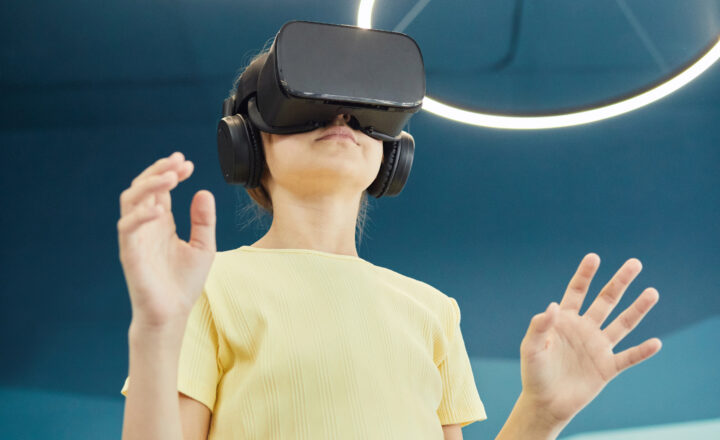On Tuesday 7th March, we attended the Wearable & Digital Health Technology Show, in London’s ExCel Centre and talked to some of the leaders in wearable technologies and smart gadgets. In particular, we gained insight into the future of healthcare and learn about the latest technology that is transforming the medical sector.
What is Digital Health?
Digital health is often defined as being the convergence of the digital and genomic revolutions within health, healthcare, living, and society. It can empower people to track, analyse and optimise their own health and help improve the overall well-being of society. The transformation of digital health is also going some way to decrease inefficiencies in healthcare delivery, improve accessibility, decrease costs and enable medicines to be delivered with greater precision as cited by Waracle, 2016.
A snapshot of our learnings and key technologies from the show
The Helios ‘Smart Ring’
This ring has been developed in the Netherlands by a company called e-Senses. It is a multi-functional smart device with a personal vitamin D coach, sunlight coach, and daylight coach. The ring works by notifying you when you need more vitamin D from the sun, and is the first device where you can see how much vitamin D you are taking in, via their mobile app.
The ‘sunlight coach’ continuously measures the strength of the sun and provides notifications about sun protection. The ring allows you to continuously check the UV index, regardless of your location, and the ‘safe exposure time’ menu shows how long you can stay outside in the sun before it gets dangerous. In theory, this ring should prevent you getting sun burnt, if the advice given is acted upon.
Finally, the ‘daylight coach’ motivates and notifies you to reach a personalised minimum amount of light each day. You can track how much daylight you have taken in, and how long you are required to be outside to reach your minimum requirement.
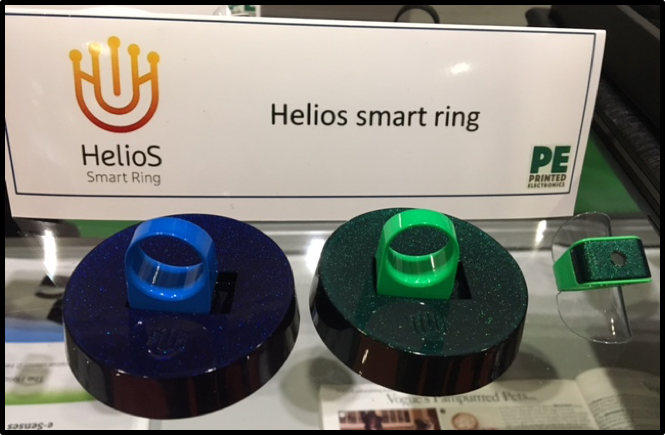
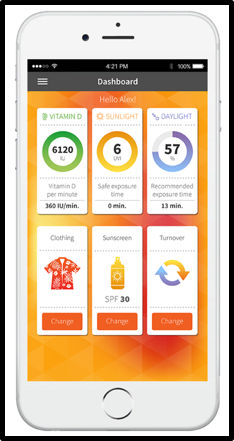
Proximie – Where surgery and augmented reality meet:
One of our next stops at the expo hall was to talk with the guys from Proximie. Proximie is an augmented reality platform that allows doctors to virtually transport themselves into any operating room or clinic to guide, train, teach, and support other surgeons and medical experts remotely and independent of any specific hardware.
We were lucky enough to try out the AR headset to watch a surgery taking place. Alongside witnessing the real-time video of the surgery, we could interact directly with the operating surgeon and ask questions, as well as visualise techniques. This has the ability to revolutionise training and surgical support across the globe, particularly as users can access this platform simply from a tablet, computer or mobile device.
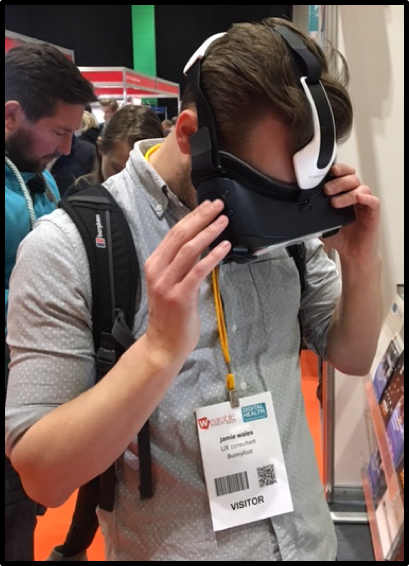
‘Freestyle Libre’ glucose monitoring:
We sat in on a talk presented by Peter Fullagar, Head of Innovation at Kinneir Dufort, titled ‘Just because it’s ‘smart’ doesn’t mean it’s clever’. This talk reflected on what has happened in the last 5 years of wearables, whether the hype was worthwhile, and how Fullagar believes the future requires a rethink in attitude and application.
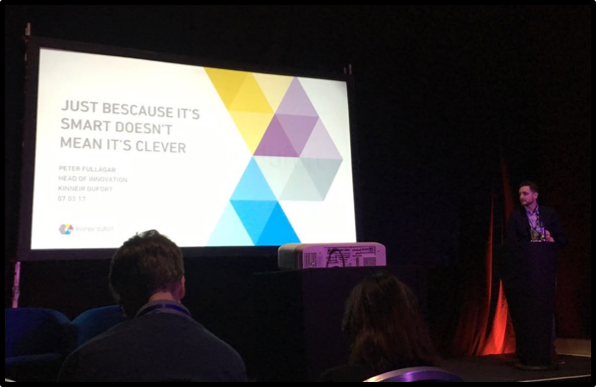
One of the case studies mentioned within this talk was the success of ‘FreeStyle Libre’; a new concept in glucose monitoring which provides much greater data than blood glucose testing, whilst being more affordable than existing continuous glucose monitors (CGM).
The sensor, roughly the size of a £2 coin, is painlessly applied to the skin with a handheld applicator, and lasts 14 days. For people with Type 1 Diabetes requiring frequent tracking of glucose levels, this device takes away the need for finger prick readings. Data is accessed via the app (having scanned the sensor), and glucose readings are stored for up to 90 days. The app also makes sharing glucose data with your doctor or nurse far easier than before. If used consistently, this device can help diabetes management in between healthcare visits.

Concluding thoughts
Wearable technology certainly plays a prominent role in today’s healthcare transformation, and allows care to be brought to a patient, regardless of their location or access to medical centres. Medical devices are becoming smaller and more mobile, and provide great alternatives to traditional ways providers have interacted with patients, performed tests, collected data and delivered treatment. Wearables also allow for greater personalisation of medical care compared with the more conventional ‘one size fits all’ approach. These medical technology advances are helping to enhance the patient experience.
The best designs are driven by human needs, and thus research is what determines its success, which is something we at Bunnyfoot strive to uncover and do every day.
Find out more:
- Course: Customer/User Research Methods & Practice
- Bunnyfoot Services





